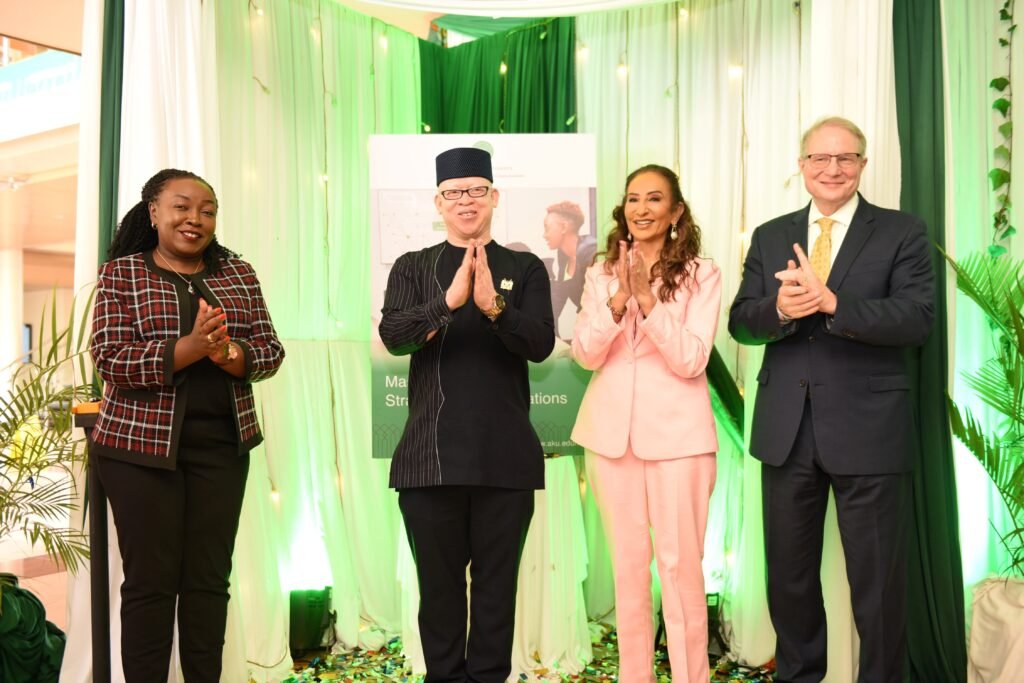The Aga Khan University Graduate School of Media and Communications (GSMC) has launched a two-year Master of Arts in Strategic Communications programme as it seeks to expand its influence on communications training in the region.
It will provide a range of electives including health and development, political, financial and investor relations and environment as well as climate change programmes.
“This programme has been designed to address the unique and complex challenges facing communication professionals, policymakers, corporates, risk and crisis communication teams, government entities and leadership in the developing world,” said GSMC Dean, Prof. Nancy Booker.
The new programme, whose course structure integrates in-person sessions with online classes facilitated through the cutting-edge Virtual Learning Environment, adds to GSMC’s existing two Masters programmes in Digital Journalism and Media Leadership and Innovation and a host of professional development courses.
“The programme recognizes the growing role of communications as a strategic function in virtually every sector – private, public, and non-profit. It seeks to elevate communications from a tactical to a strategic function by integrating the conceptual lessons about communications into the wider context of organisational strategy,” Prof. Booker added.
She said the programme is a product of extensive research with various stakeholders from across the region, and is designed to address specific needs including crafting communications to be relevant, effective, and impactful.
“A Master’s degree in Strategic Communications presents a unique opportunity for GSMC to contribute to workforce development and capacity building in the East African region,” said Prof Booker.
Speaking at the launch, Chief Guest and Government Spokesperson Dr Isaac Mwaura, noted that communicators are more than conveyors of information.
“Communicators are architects of narratives that inspire action, facilitate understanding and drive innovation, playing a pivotal role in shaping perceptions, fostering collaboration and mobilizing communities towards shared goals. Within the government, strategic communication plays the role of informing citizens about government policies and initiatives. It provides clear and timely information to the public. This helps to manage public perceptions, counter the spread of misinformation and alleviate anxiety especially, in times of crisis.”
“The programme will contribute to the increasing number of strategic communicators, who will be men and women with the requisite skills and mindsets to create positive change within our society,” he said.
Renowned PR guru, Gina Din Kariuki who made a keynote address congratulated the school for the decision to formalise post-graduate strategic communications.
“When I was starting out in my career, we didn’t have the opportunity to study strategic communications and had to use our journalism training and learn on the job. The launch of the MA in Strategic Communications Programme is so timely and important. In a world that is increasingly fragmented, conflicted and yet offers so many technological tools; the role of strategic communications has never been more important,” said Gina Din.


